As unpleasant as it is, everyone experiences occasional digestive symptoms like upset stomach, gas, heartburn, nausea, constipation, or diarrhea now and then. However, if you experience these digestive issues more regularly, they can become more than a slight inconvenience and can negatively impact your social life and enjoyment of food.
Digestive enzymes can help support your digestion, so keep reading to learn about what the best enzymes for digestion are and how they work.
Defining Digestive Enzymes
What are digestive enzymes? Simply put, they’re substances that help you digest your food. They are secreted by the salivary glands and cells lining the stomach, pancreas, and small intestine.
Digestive enzymes play a key role in breaking down the food you eat. They split the large, complex molecules that make up proteins, carbohydrates, and fats into smaller ones. This then allows the nutrients from these foods to be easily absorbed into your blood and carried through your body.
Types of Digestive Enzymes
Each of the many different digestive enzymes targets a specific nutrient and splits it up into a form that can eventually be absorbed.
The most important digestive enzymes are:
- Amylase: Important for digesting carbohydrates, amylase breaks down starches into sugars. It’s secreted by both the salivary glands and the pancreas.
- Maltase: Maltase is released by the small intestine and is responsible for breaking down maltose (malt sugar) into glucose (simple sugar), which the body uses for energy.
- Lactase: Lactase breaks down lactose, a sugar found in dairy products, turning it into the simple sugars glucose and galactose.
- Lipase: Lipase breaks down fats into fatty acids and glycerol (simple sugar alcohol). It's produced in large amounts by the pancreas and in small amounts by the mouth and stomach.
- Proteases: These digestive enzymes break down proteins into amino acids. For a natural source of protease and papain enzymes, consider our Papaya Digestive Support supplement.
- Sucrase: Sucrase is secreted by the small intestine. It breaks down sucrose (the sugar in table sugar) into fructose and glucose, which are simpler sugars that the body can absorb.
Country Life's Digestive Enzymes and Probiotics Line
People who don't have enough digestive enzymes or who are looking to support healthy digestion should consider supplementing their diet with digestive enzymes.
They can do this by eating healthy foods that contain naturally occurring digestive enzymes. But they can also take nutritional supplements under a healthcare provider's guidance.
Digestive enzyme supplements can come in:
- Pills
- Powders
- Liquids sourced from animals, plants, or microbes
We have more lots of options in our Digestive Enzymes and Probiotics Line, all formulated to promote digestive health with essential enzymes, vitamins, and amino acids.
Other products in this line include:
- Cognitive Balance
- Weight Balance
- Stress Balance
- Sleep Balance
If you’re looking for a supplement to help with another health issue in addition to digestion, you may find one of these other Gut Connection products beneficial.
Shop Country Life Vitamins’ array of probiotics and digestive enzymes to support digestion, gut health, and more. If you’re only in need of digestive support, go with Gut Connection® Digestive Balance™.


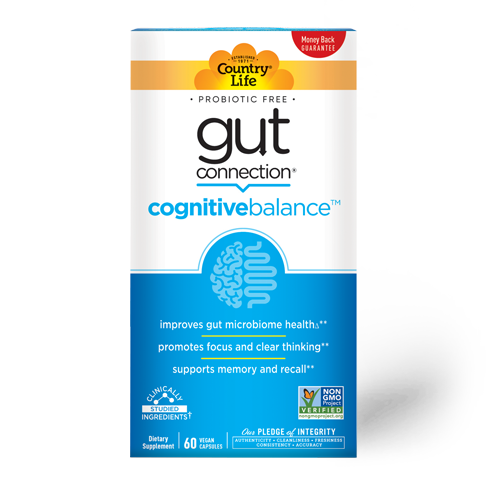
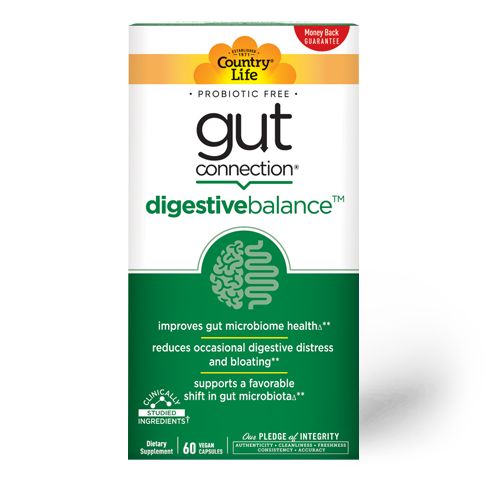
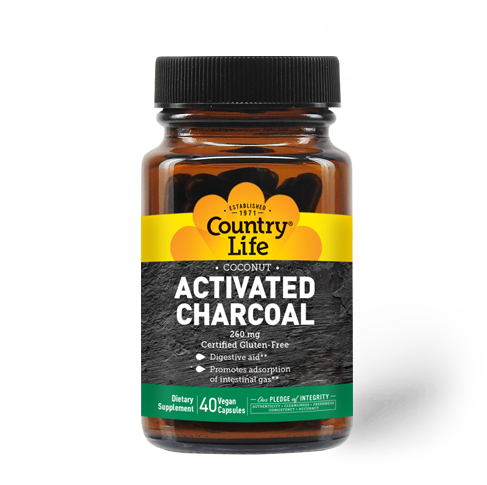
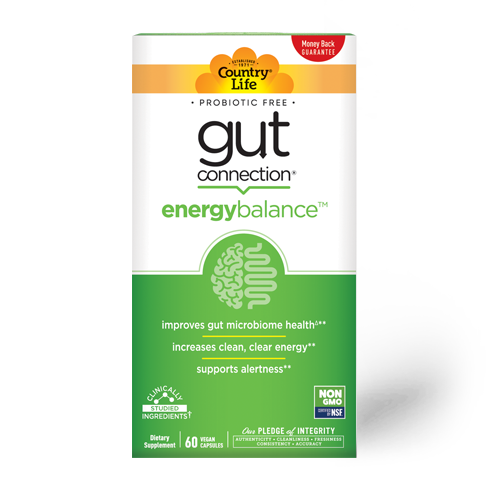
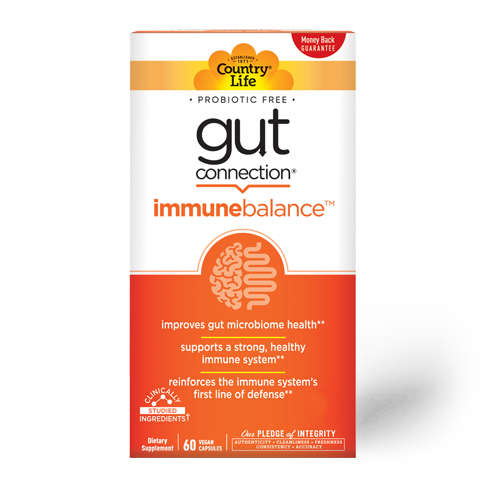
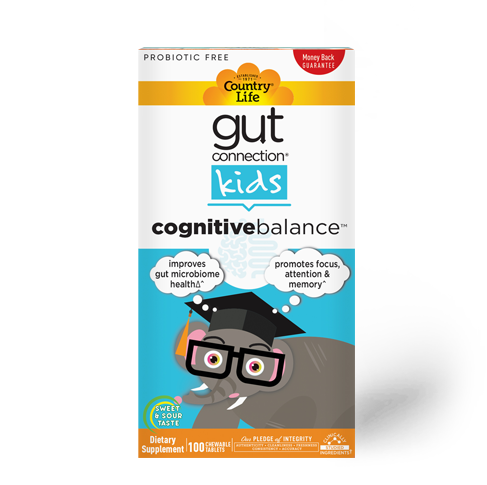
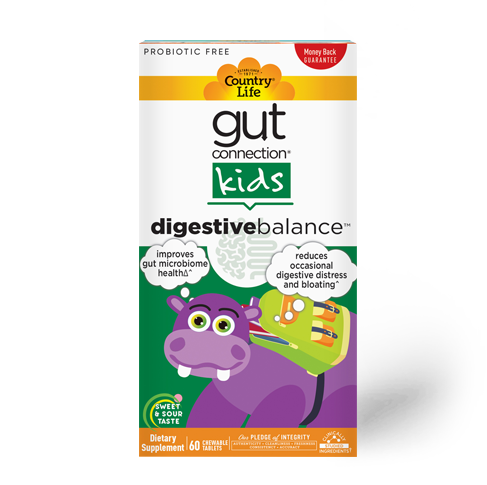
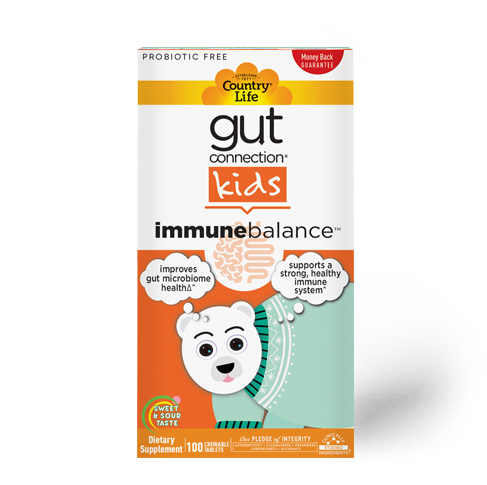
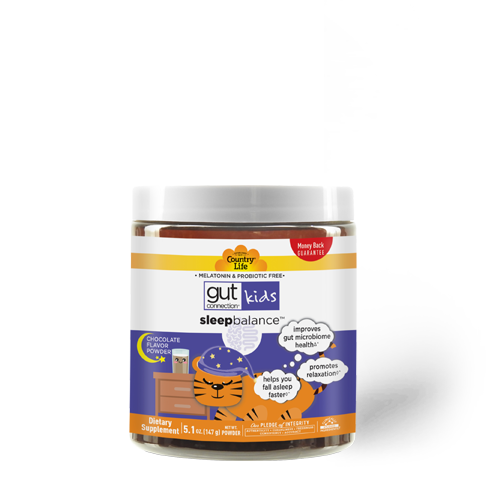
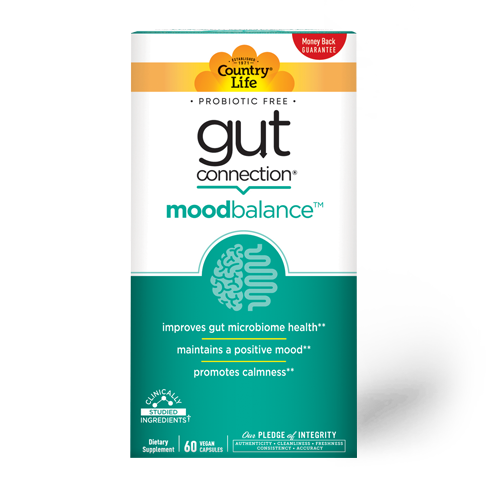
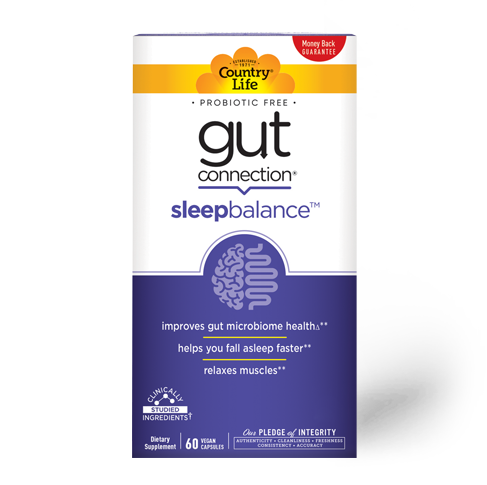
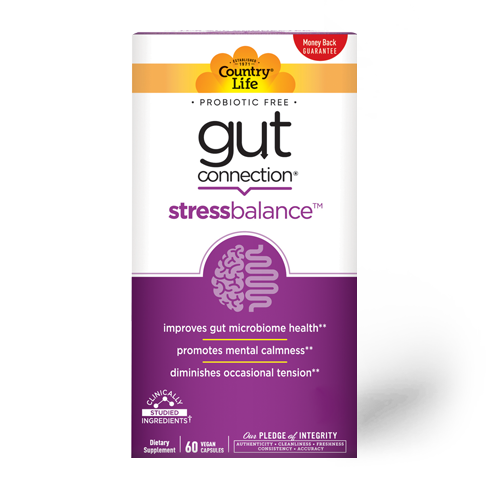
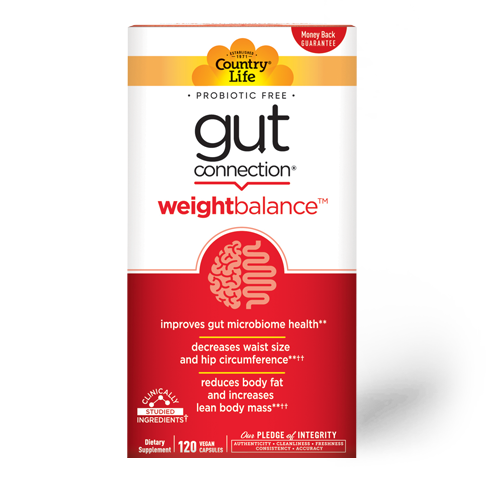
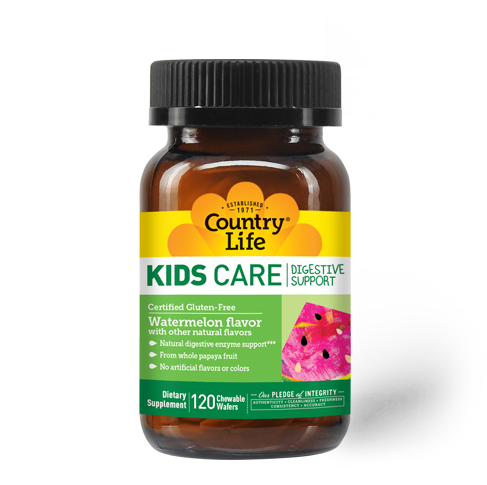










Share:
Are There Benefits To Taking Prenatal Vitamins When Not Pregnant?
Can You Take Melatonin While Pregnant?